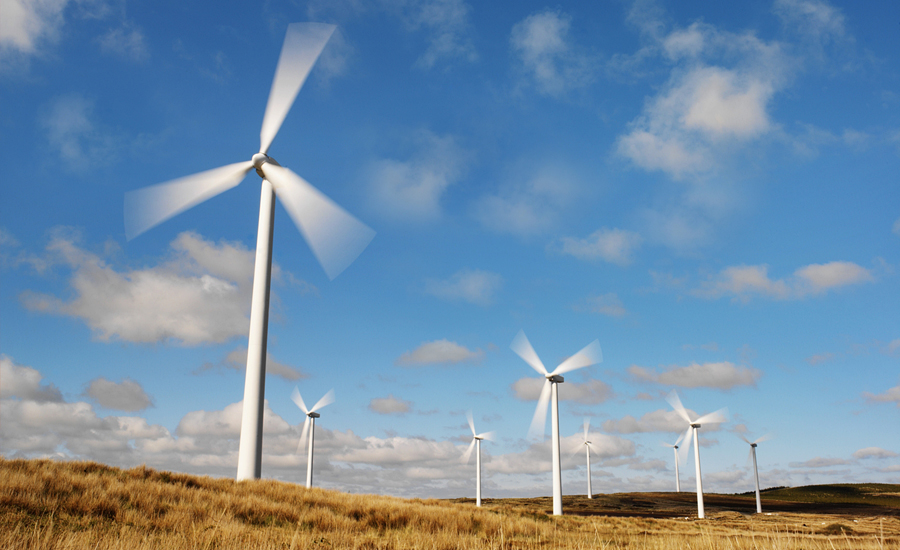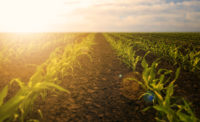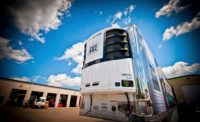Canada-based Village Farms investigated the technical and economic feasibility of capturing the carbon dioxide in Vancouver, Canada’s, landfill gas for use in its Delta greenhouses, and for sale to other B.C. greenhouse operators as well as food and beverage processing companies.
After months of research and assessing 22 technology options, the study identified three options that utilize several different technologies to separate and clean the carbon dioxide in landfill gas, so that it can be used on-site in Village Farm’s greenhouses and sold to food and beverage processors in the Lower Mainland, thus enhancing its sustainability.
According to the study, “Carbon Dioxide Landfill Gas Capture Study,” using the carbon dioxide in landfill gas from Vancouver’s landfill will result in yearly greenhouse gas emission reductions of more than 19,000 tons a year—equivalent to removing 4,000 passenger vehicles from the road or consuming 45,000 less barrels of oil. Furthermore, it will also have a positive impact on local air quality.
Greenhouse gas emission reduction and air quality are central themes in local and provincial government plans and objectives.
“Once again, as a company, Village Farms has aligned itself to be on the forefront of clean technology,” says Michael DeGiglio, president and CEO. “We are pleased to be driving an initiative with the potential to place British Columbia on the leading edge of sustainability while helping to support an innovative and globally competitive agrifoods sector.”
The study was conducted by Hallbar Consulting, a Canada-based sustainability consultancy firm, in partnership with the Swedish Institute of Agricultural and Environmental Engineering.
“This project is a no-brainer,” says Matt Dickson, managing director of Hallbar Consulting. “Everyone knows the importance of greenhouse gas emission reductions and the desire to grow the reputation of B.C.’s agrifoods sector as being green and clean.”



